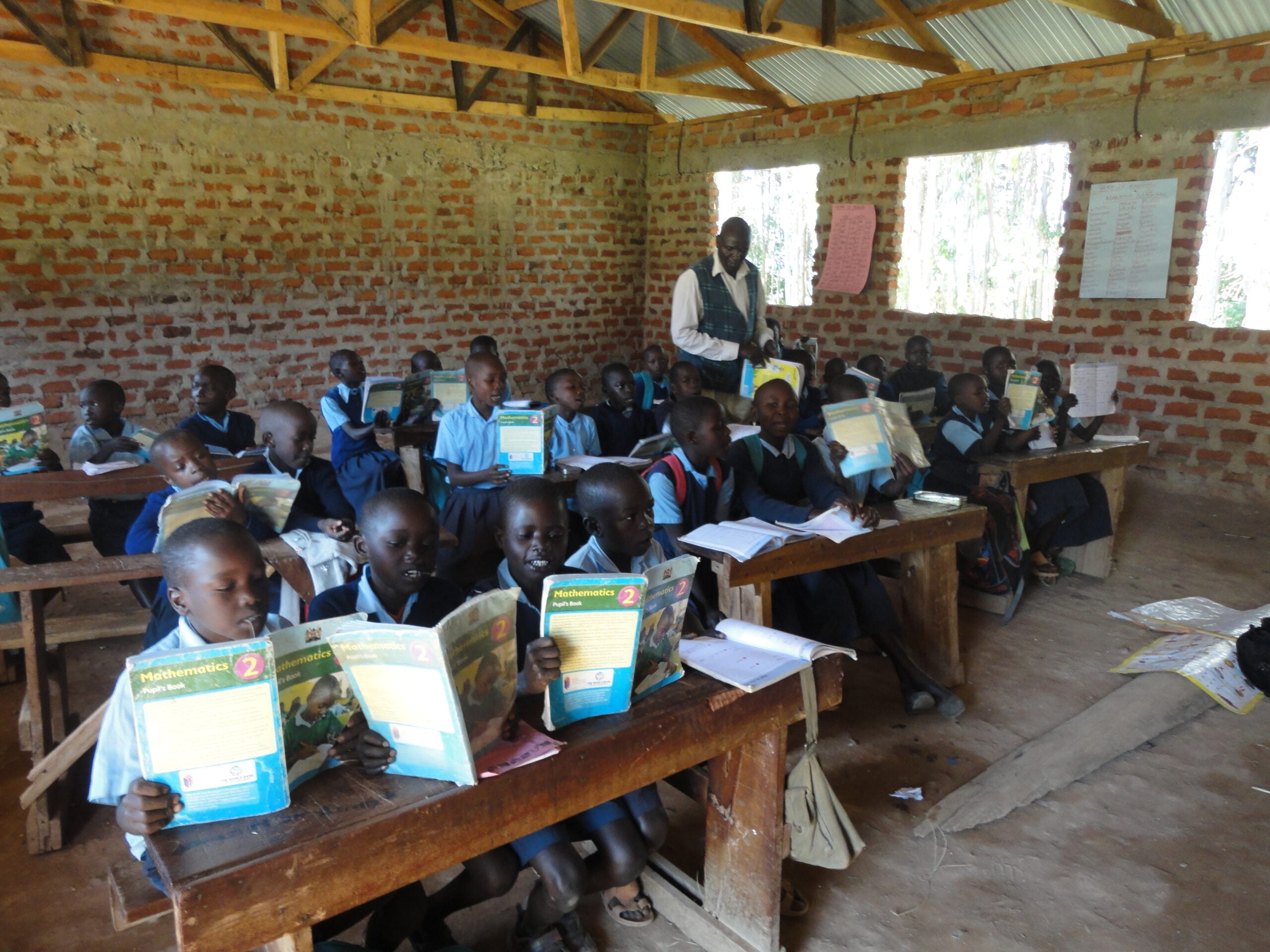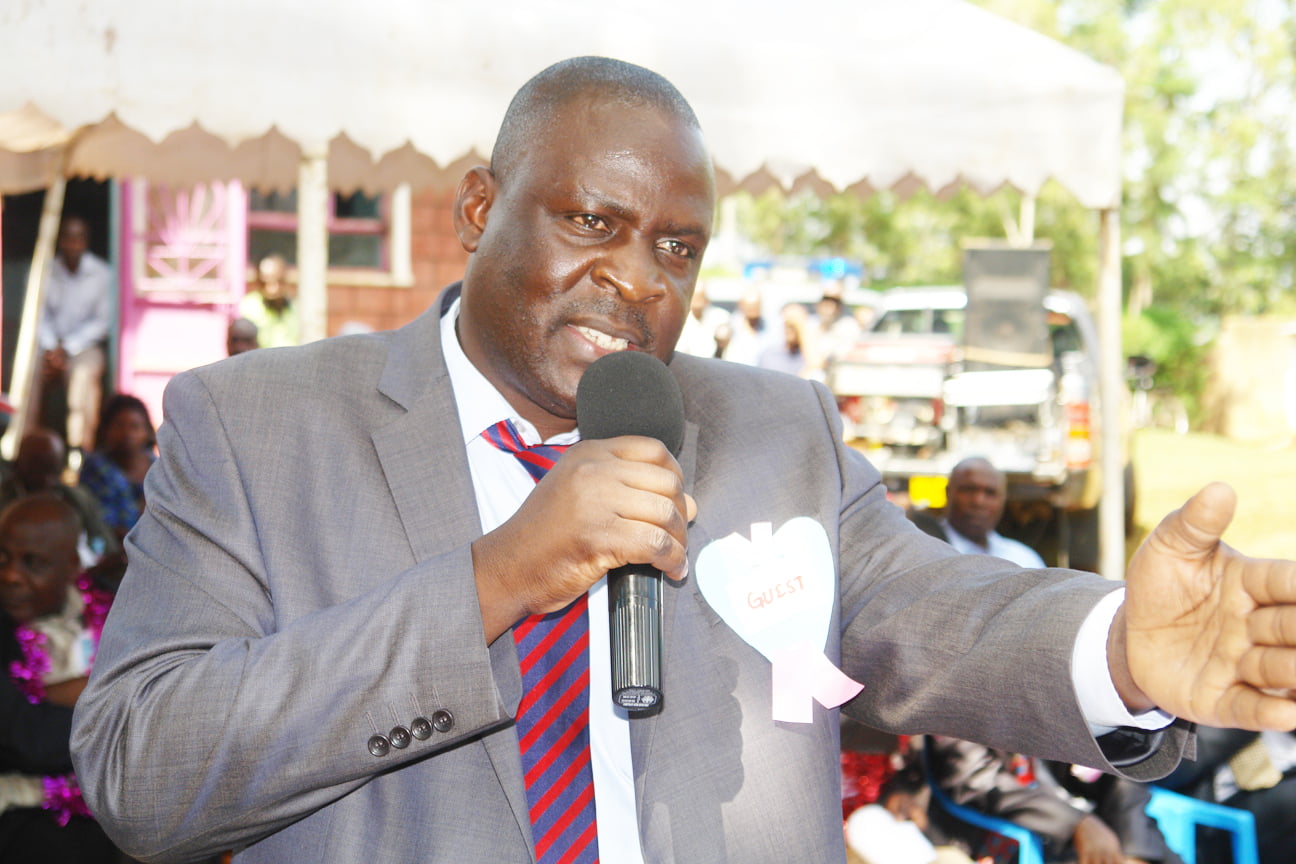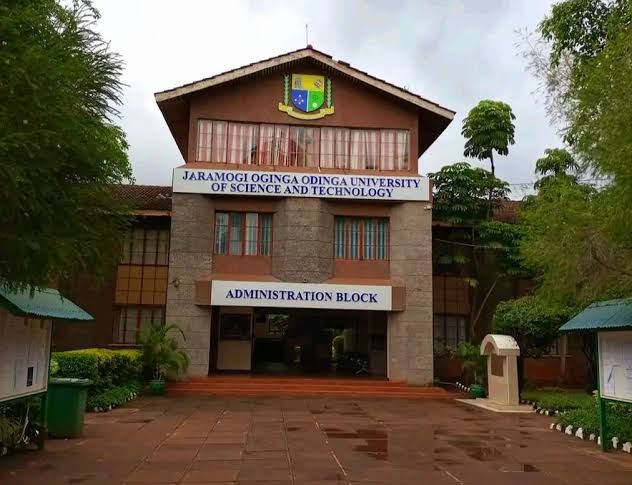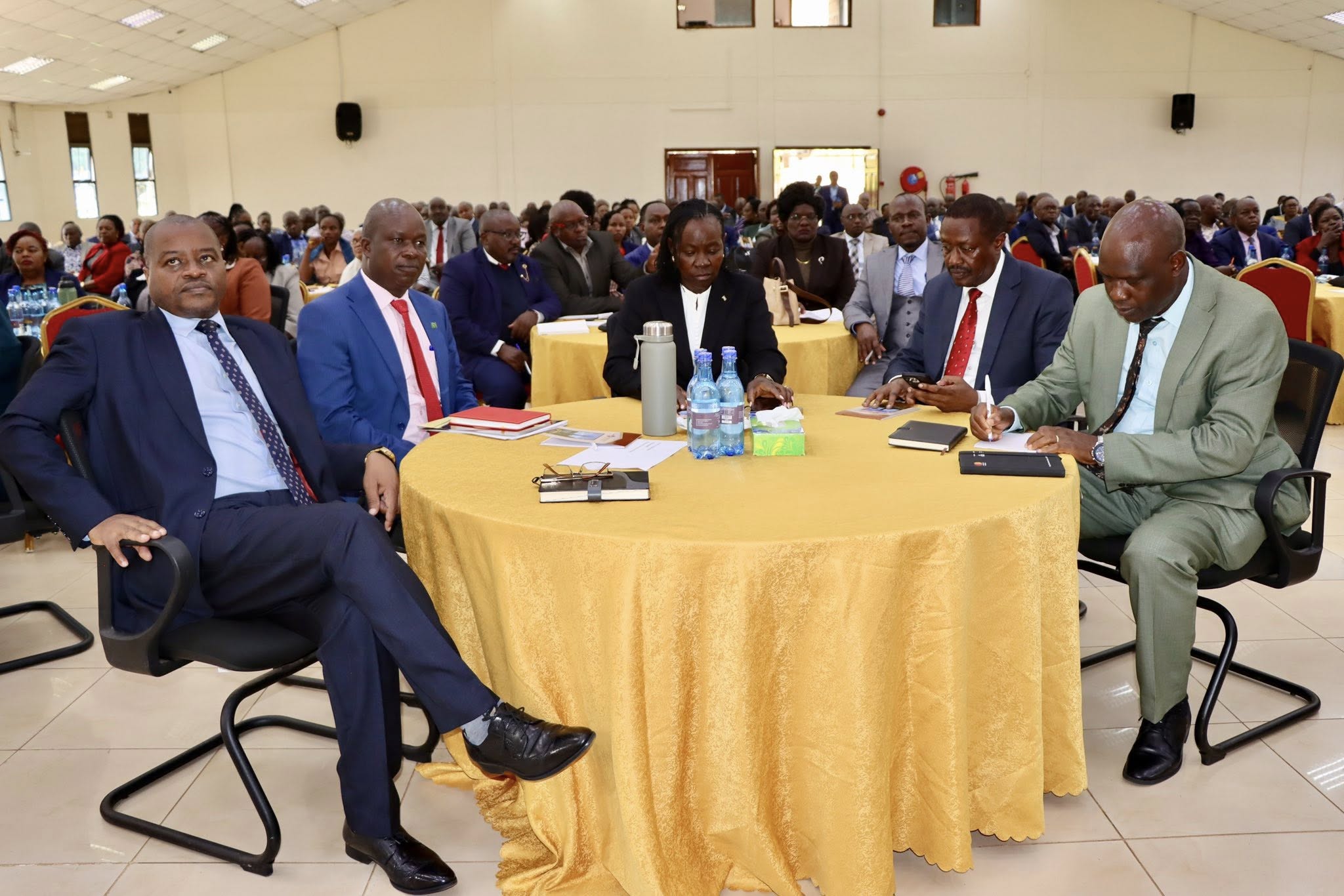By Correspondent
Stakeholders in education in Pokot North Subcounty in West Pokot County will start holding regular meetings to discuss the state of education.
They will also discuss the problems, challenges and risks that affect the retention and transition of learners from upper primary to secondary schools in the area.
The Deputy County Commissioner (DCC), Mr Samuel Njuguna made the decision after holding an education stakeholders dialogue which discussed learner access to education, retention and transition to secondary schools at Alale Primary School in the area.
The forum was convened by the Ministry of Education under the auspices of Secondary Education Quality Improvement Project, (SEQIP)—a World Bank funded project, worth Sh20 billion.
The project aims at improving retention of learners in upper primary school and transition to secondary school in 30 Counties and 110 Sub counties in Arid and Semi-Arid and marginalised areas in Kenya.
Stakeholders noted that teenage pregnancy, early marriages, child labour, female genital mutilation, and high regard the community attached to livestock undermined enforcement of policies, programmes and initiatives on education in the area.
The DCC Njuguna said chiefs are important in ensuring access of children in schools including co-ordinating the return back to school of children who, circumstances beyond their control, forced them to drop out of school.
The Principal of Chelopoy Secondary School, Mr Joseph Waswa lamented that parents in the area valued livestock more than girl-child education.
He said that parents would rather marry off their school going daughters to get livestock in form of dowry than sell an animal to pay school fees.
Mr Waswa, however, said that migrations of parents to Uganda in search of pasture for their livestock also caused children, particularly boys, to drop out to look after the livestock across the border.
Alale Girls Primary school Headteacher, Mrs Pamela Oliech said her school hosted girls who had been either rescued or ran away from forced marriages.
On her part, Alany Primary School headteacher, Mrs Mary Limanyang said classrooms provided a safe learning environment for learners.
She said classrooms provided a secure environment for learners from the extremes of weather caused by rains or dry season.
“Permanent classrooms guard against disruption to learning as dust does not disturb or erase what a teacher has written on the blackboard,” she noted, adding the good classrooms also enabled learning to continue without rainfall disrupting it.
The Pokot North Subcounty Director of Education, Mr Ambrose Waswa asked leaders in the area to prevent men from marrying girls in school, saying early marriages contribute to girls dropping out of school in the area.
He said the leaders should support the government in punishing men who defile or marry school girls.
Among the areas the Secondary Education Quality Improvement Project seeks to look into include improving school infrastructure, enhancing teacher professional development, provision of textbooks, improving retention in upper primary school and transition to secondary school of poor and vulnerable students through provision of scholarship to children joining secondary education from these areas among other areas touching on access, quality and equity in education.






